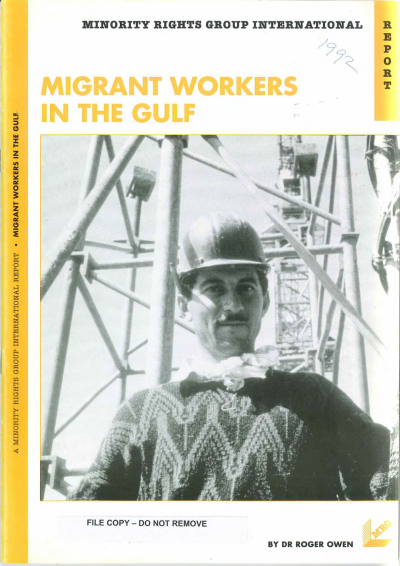Environment
Kuwait borders Iraq to the north and west, Saudi Arabia to the south and the Arabian/Persian Gulf to the east. Exploitation of its natural resources, especially oil, is the main driver of Kuwait’s economy: the energy sector accounts for around half of national GDP and 90 per cent of government revenue.
History
Kuwait is a small emirate positioned between Iraq and Saudi Arabica. In 1756, Kuwait emerged as an autonomous sheikhdom, when a sheikh from the Al Sabah family was chosen as ruler by the six leading notable families. In 1899 Britain acquired control of Kuwait’s external affairs and defence matters until its independence in 1961.
In 1990, Iraq invaded and occupied Kuwait but was defeated by a UN coalition led by the United States in 1991. Before retreating, the Iraqi army looted the country and set fire to most of its oil wells, heavily damaging Kuwait’s economy at the time. However, Kuwait’s economy has since then recovered and is now one of the richest countries in the world per capita.
Governance
Kuwait has been ruled by the Al Sabah family since the mid-eighteenth century. Its 1962 Constitution designates the Amir as the head of state and Commander-in-Chief of the Armed Forces. Currently, Shaykh Sabah al-Ahmad al-Jabir Al Sabah is the ruling prince. He appointed a Prime Minister from the Al Sabah family to act as the head of government, who in turn appoints the ministers. Most key ministries, such as defence, foreign policy and finance, are led by members of the Al Sabah family.
The Kuwaiti Constitution protects the right to religious freedom. Nevertheless, the law prohibits non-Muslims from proselytizing.
In 2005, the National Assembly passed a bill giving women the right to vote and to run for office – although an amendment to the legislation requires women to conduct themselves in accordance with Islamic law, Sharia, in their political activities. This had been resisted by the National Assembly for years, in the face of strong protests. Women now serve at the municipal council, ministerial, cabinet and ambassadorial levels.
Political parties are illegal. Nevertheless, long-standing parliamentary opposition to the Al Sabah family has broadened in recent years, driven by demands for political and economic reforms. A Salafi Islamist attempt to establish a political party, Hizb Al-Ummah, was quashed. Under civil and parliamentary pressure, the government was forced to accept a rearrangement of the electoral districts, reducing them from 25 to 5 electoral districts, which was thought drastically to reduce opportunities for political corruption.

 Video on demand
Video on demand 